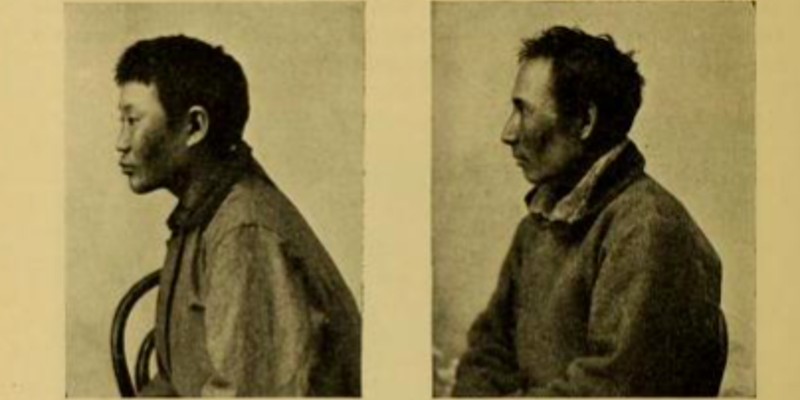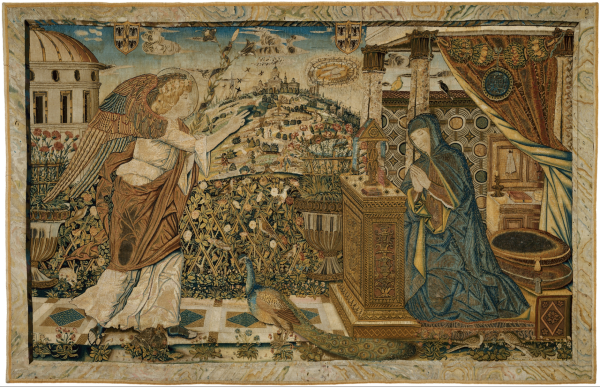Exhibition traverses globe, exploring the language of the coloniser

Constructing Colonialism: The Power of the Written Word is a new online exhibition exploring the impact of what we say, and how we say it.
Focusing on colonialism throughout the late 16th and early 18th centuries, the exhibition examines the language used by advocates of the colonial mission, exposing words and how we use them, as a powerful tool.
Opening on 6 December, it has been curated by a group of five MA students from the School of Fine Art, History of Art and Cultural Studies.
Language use is often taken for granted, why we say things and how we say things is perhaps not often considered. However, constructing sentences in particular ways, using certain words over others, and what we choose not to say has a huge impact on the way our stories are understood.
By paying closer attention to the way in which colonial supporters documented their experiences, we are able to expose the narratives they wished to enforce. We are also able to reflect on the effects this had on the indigenous and native populations that were targeted and oppressed by colonialism. Overall, language will be demonstrated to be a powerful means of othering and re-writing the histories of native peoples, helping the colonial project to establish itself across the globe.
The pieces in this online exhibition have been selected from collections within the Biodiversity Heritage Library. The exhibit will traverse the globe, exploring colonial texts and their accounts of the people, places and objects they encountered.
Throughout, audiences are invited to think about the power of language, and the way in which meaning is constructed through the words we choose to use.

Aleutian Islanders; Eskimos of the North Pacific George I. Quimby (Illustrations by Helen Z. Quimby) 1944. Biodiversity Heritage Library/University Library, University of Illinois Urbana Champaign. Licensed under a Creative Commons Attribution-NonCommercial-ShareAlike 3.0 Unported Licence (CC BY-NC-SA 3.0)
MA Arts Management and Heritage Studies student He Xu said:
“Curating this exhibition has demonstrated language’s subtle effect on people’s perceptions, and only when you step outside the box can you begin to see things from a different perspective.”
Fellow MA Arts Management and Heritage Studies student Anna McLaughlin reflected that:
“Through focusing on the specific words chosen by colonisers I’ve become more aware of how language at its most basic level is able to create divisions still today and that word choice can be a very powerful political tool.”
By looking at colonial texts ranging from steamship pamphlets, accounts of exploration in the Australian Outback, and photographic descriptions of native peoples, language will be revealed as an impactful tool. The employment of certain words and descriptions in writing is intentional. The words we choose to use can both veil and reveal meaning.
You are invited to visit this exhibition, to interact with the texts, and question the writing shown to you. Through this, the meanings hidden in these pieces will be revealed.
More information
Constructing Colonialism: The Power of the Written Word runs from 6 December 2021 to 6 March 2022.
Image
The Mongoloids of Europe and Asia in Peoples of Asiatic Russia (p. 24), Waldemar Jochelson, 1928. Copyright American Museum of Natural History Library.
